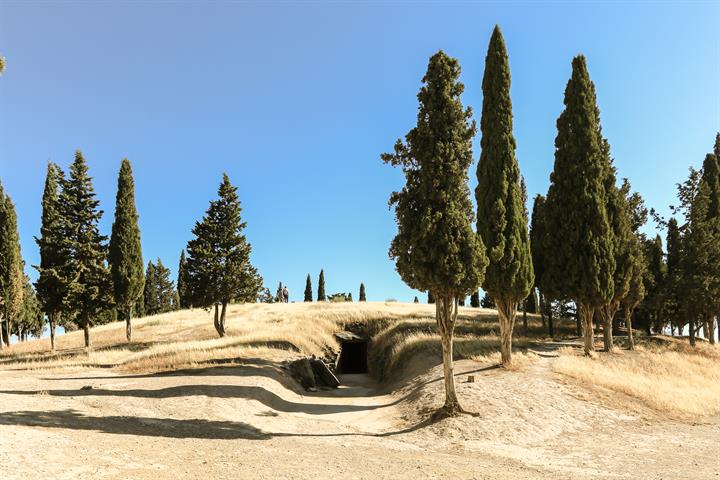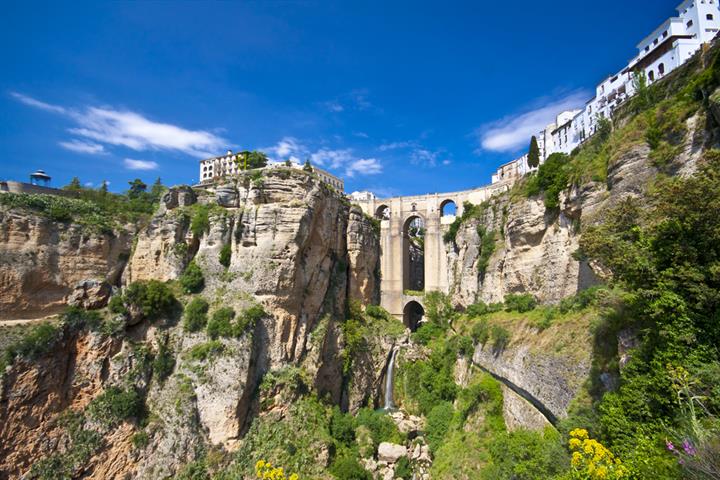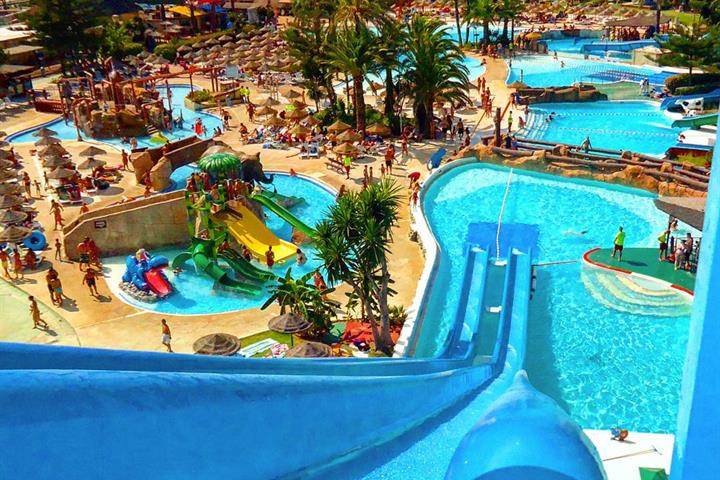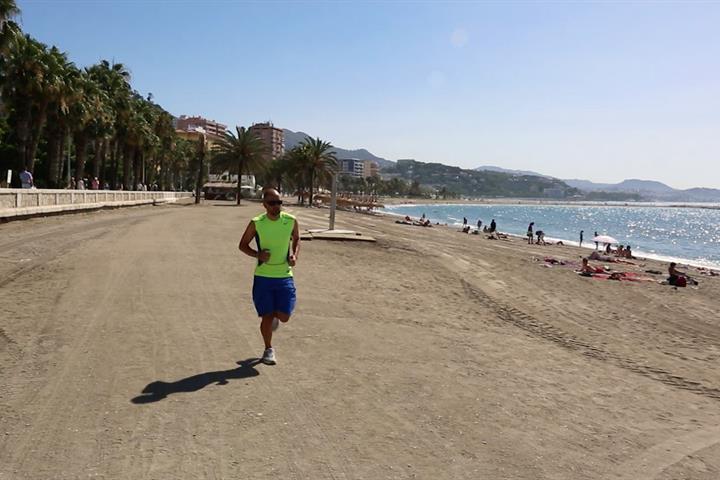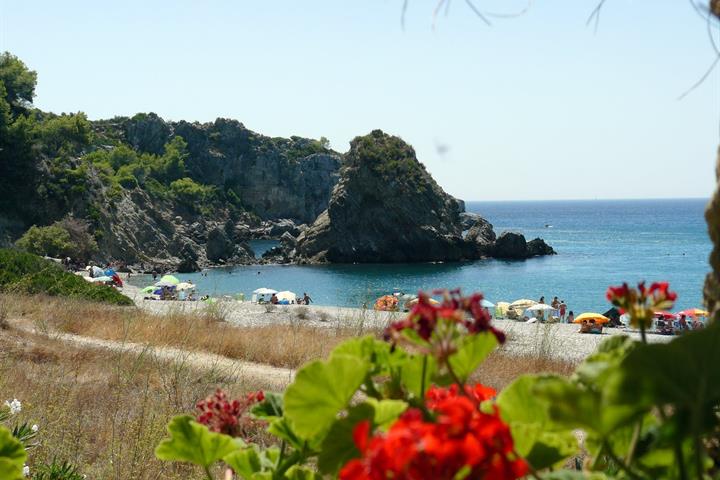Antequera city travel information and video
Holiday information, facts, photos and video about Antequera city
Featured holiday homes in Málaga province
Things to do while you are here
Reviews for Antequera city
Average overall ratings - Based on 4 reviews.
City
Coast
| City: | |
| Coast: |
Submitted by: Jan and Paul Canning
7. Aug 2012
This review is in English
This review is in English
Report abuse
You found this abusive
| City: | |
| Coast: |
Submitted by: Gary and Cindy Morgan
18. Jun 2012
This review is in English
This review is in English
Report abuse
You found this abusive
| City: | |
| Coast: |
Submitted by: Tom Sanders
29. Apr 2016
This review is in Dutch
This review is in Dutch
Report abuse
You found this abusive
| City: | |
| Coast: |
Submitted by: Claude Muller and Family
28. Apr 2013
This review is in French
This review is in French
Report abuse
You found this abusive
